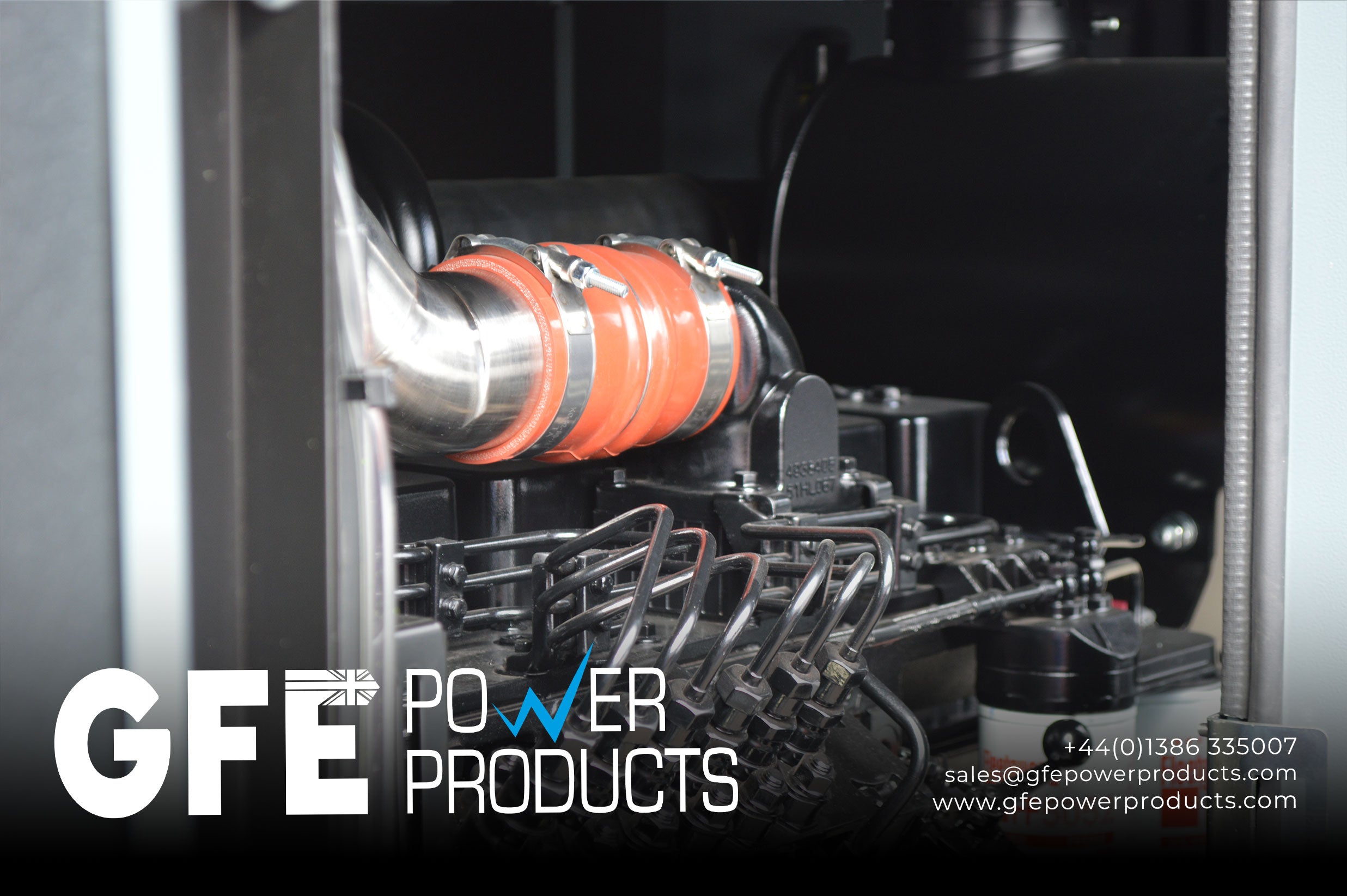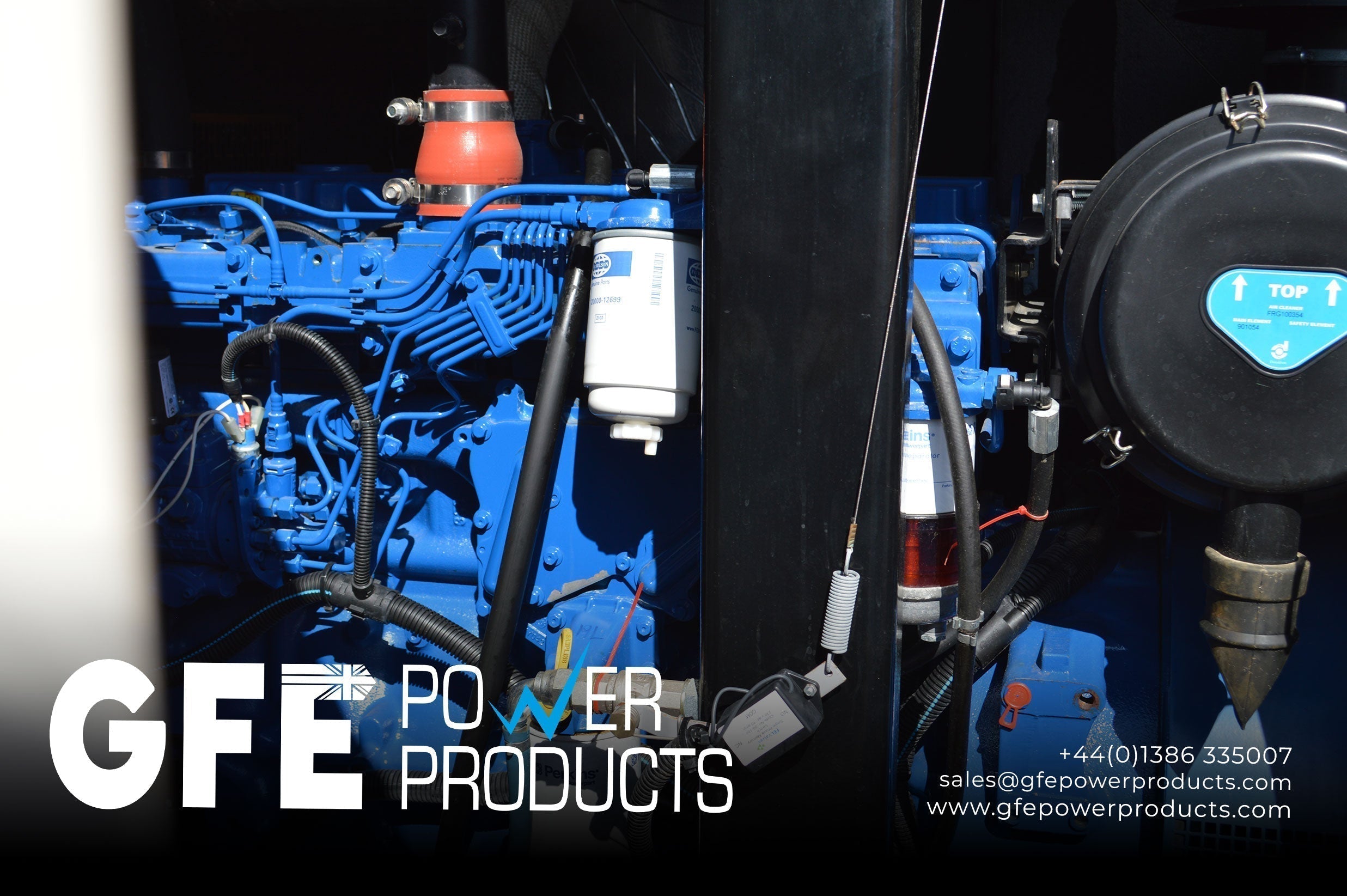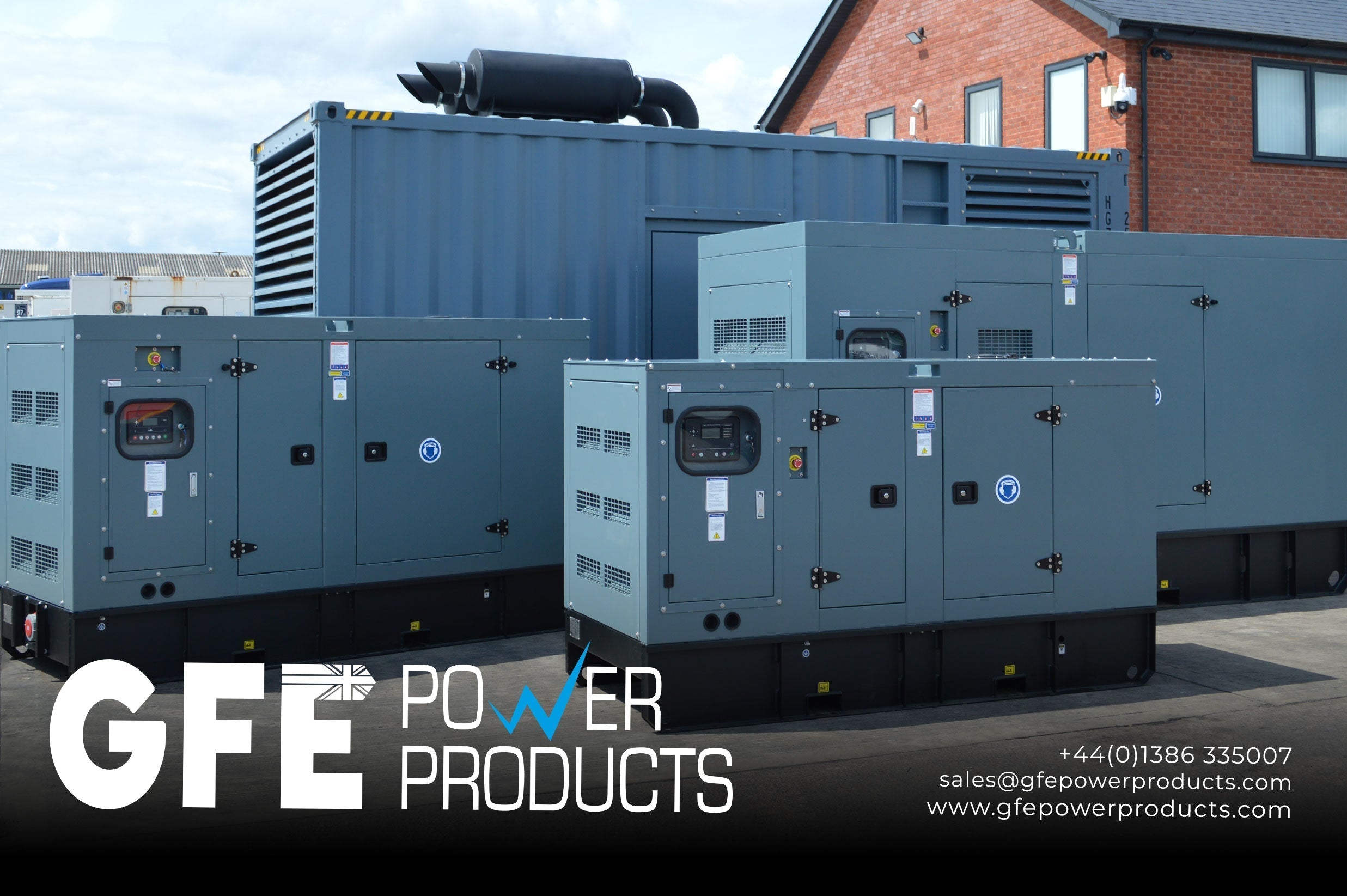
What is an Engine Block Heater?
An engine block heater is a device designed to warm up the engine of a vehicle, primarily in cold weather conditions. It typically heats the engine block, keeping the engine oil at an optimal temperature for starting the vehicle. Engine block heaters are especially useful in diesel engines or vehicles operating in freezing environments, as they make starting easier and more efficient.
What is an Engine Block Heater?
An engine block heater is a heating element installed either directly in the engine block or attached to it. Some heaters warm the coolant, while others may heat the oil or other parts of the engine. The purpose of the heater is to maintain the engine and its fluids at a temperature that allows for smooth starts, even when external temperatures are extremely low.
Common types of engine block heaters include:
- Freeze plug heaters: These are installed directly in place of a freeze plug in the engine block.
- Oil pan heaters: These stick to the bottom of the oil pan, warming the oil directly.
- Inline heaters: These are connected to the engine’s cooling system and heat the coolant.
- Circulating heaters: These circulate warm coolant through the engine and radiator.
When and Why Would I Need an Engine Block Heater?
Cold Climates
If you live in an area where winter temperatures regularly drop below freezing (0°C or 32°F), using an engine block heater can significantly improve your vehicle's performance. In cold weather, engine oil thickens and doesn't flow as easily, making the engine harder to start. Cold starts can also damage the engine over time because thicker oil doesn't lubricate as effectively, increasing wear on critical components.
Diesel Engines
Diesel engines are particularly prone to cold start issues because they rely on compression to ignite the fuel, and cold air can make this process difficult. A block heater warms the engine and helps the diesel fuel ignite more easily. In freezing temperatures, diesel can gel, making it harder to flow through the engine. By keeping the engine warm, block heaters ensure smoother starts and quicker warm-ups for diesel vehicles.
Remote and Rural Areas
If your business involves vehicles operating in remote locations, such as construction sites or rural areas, block heaters can reduce the risk of breakdowns due to cold starts, keeping your fleet operational in winter.
What are the Benefits of Using an Engine Block Heater?
Easier Starts
The primary benefit of using an engine block heater is easier vehicle start-up in cold conditions. Since the engine is pre-warmed, the oil circulates more efficiently, and the engine can turn over with less effort. This reduces the strain on the battery and the starter motor, both of which have to work harder in cold conditions.
Increased Engine Longevity
Starting an engine when it's cold increases wear and tear on engine components. Using an engine block heater minimises this wear by ensuring that the engine oil remains at a more fluid temperature, lubricating vital parts more effectively during start-up. Over time, this can extend the life of your engine.
Fuel Efficiency
A warm engine reaches its optimal operating temperature more quickly, which means the vehicle uses less fuel during warm-up. Cold engines are less efficient because they require more fuel to get up to temperature, so pre-heating the engine with a block heater can reduce fuel consumption, saving money over time.
Reduced Emissions
Because an engine block heater helps your engine reach its ideal temperature faster, it can also lower harmful emissions. Cold engines produce more pollution because they burn fuel less efficiently. By reducing the time your engine spends running cold, block heaters contribute to a cleaner environment.
Comfort and Convenience
If you use an engine block heater in conjunction with a cabin heater, you can also enjoy a warmer cabin from the moment you start your vehicle. This can be a big benefit in areas where getting into a freezing car is an uncomfortable start to the day.
FAQs About Engine Block Heaters
1. How long should I leave my engine block heater plugged in?
Ideally, you should plug in your engine block heater about two to four hours before starting your vehicle. Leaving it plugged in for longer periods won't hurt the engine, but it may increase your electricity usage without significant added benefits.
2. Can I install an engine block heater myself?
While some types of block heaters, such as oil pan heaters, are relatively easy to install, others, like freeze plug heaters, may require more mechanical expertise. If you're not comfortable working with your vehicle's engine, it’s best to have a professional handle the installation.
3. Will an engine block heater drain my car battery?
No, an engine block heater runs off external electricity, not your car's battery. It is usually plugged into a household electrical outlet or a dedicated outdoor socket.
4. Are engine block heaters only necessary for diesel engines?
No, while diesel engines benefit greatly from engine block heaters, petrol engines in very cold climates can also see significant advantages from using one, including easier starts and better fuel efficiency.
An engine block heater is a valuable investment for anyone living in cold climates or operating diesel-powered vehicles. It ensures easier engine starts, reduces wear on critical components, improves fuel efficiency, and helps minimise emissions. For those with generators or other diesel-powered machinery, block heaters can also be crucial for consistent performance in freezing conditions.
Not sure which engine block heater is right for your vehicle or generator? Contact our team at GFE Power Products for expert advice. We’re here to help you make the best choice for cold-weather performance.
Phone: +44 (0)1386 335007
Email: sales@gfepowerproducts.com



